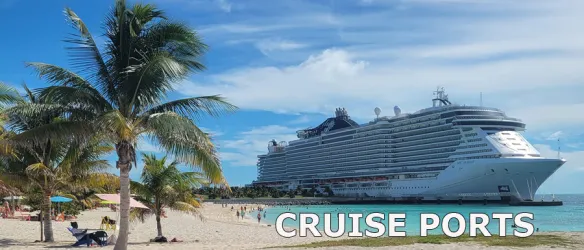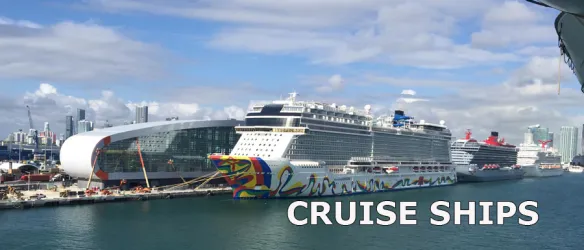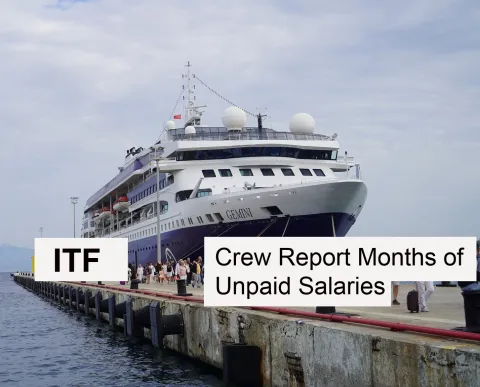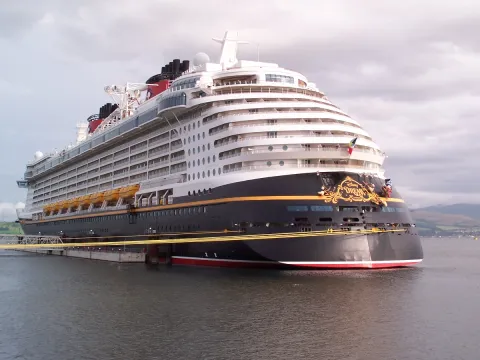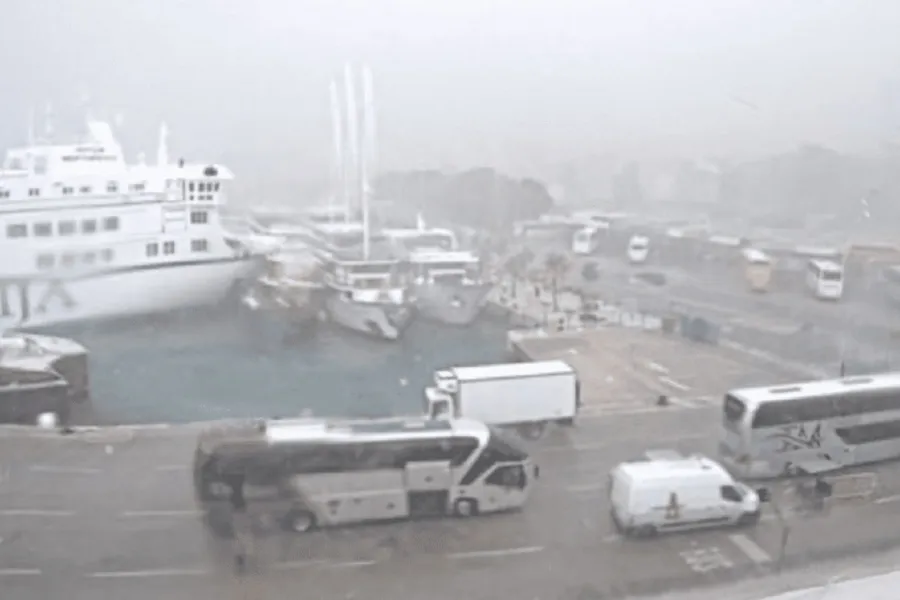
A violent storm packing hurricane-force winds slammed into the popular Croatian port of Split on the morning of July 8, causing widespread damage, flooding, and maritime chaos.
Winds reaching over 140 km/h (87 mph) swept through the city shortly after 9 AM local time, toppling trees, damaging infrastructure, and knocking out power in several areas. The storm, part of a fast-developing mesoscale convective system, unleashed torrential rain and hail, triggering sirens and sending residents and tourists scrambling for cover.
One of the most dramatic incidents occurred in the harbor, where the Jadrolinija ferry broke its mooring lines under the force of the wind, and vessel collided with a catamaran and then struck a tourist boat, which quickly sank following the impact.
According to local officials, no injuries were reported from the ferry incident, though one person reportedly had to jump to safety from the tourist boat. Authorities praised the ferry's captain and crew for deploying the anchor swiftly and avoiding more serious consequences.
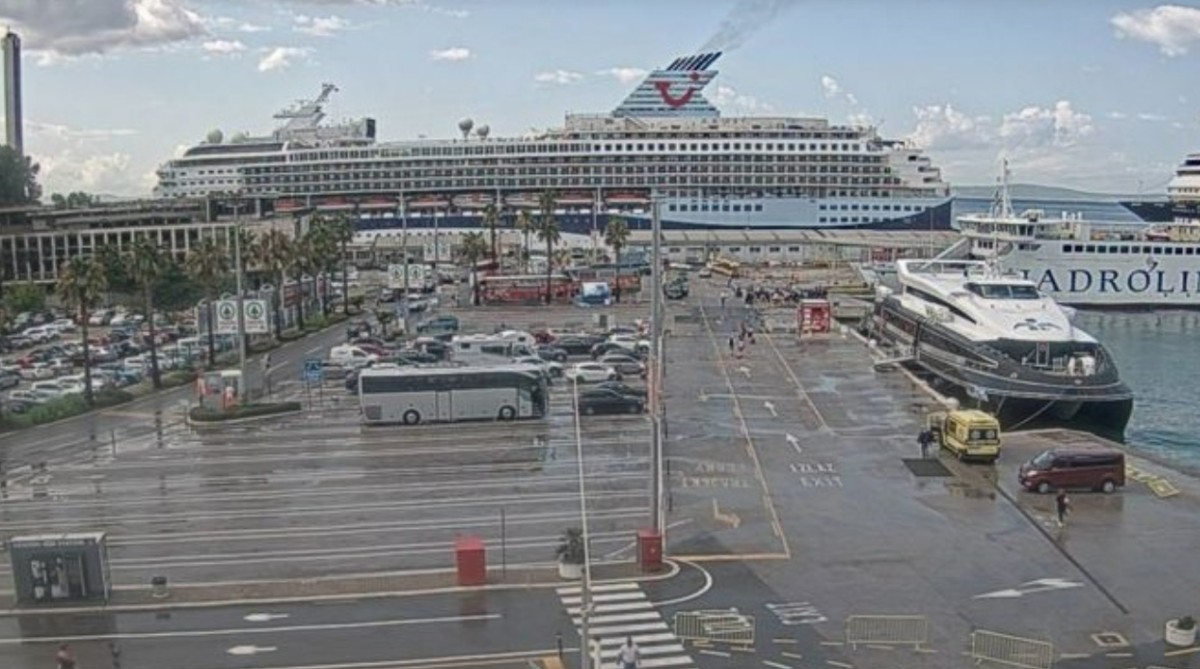
The storm hit while two cruise ships Marella Explorer and Marella Explorer 2 were docked in Split. Passengers aboard the ships experienced rough conditions as the storm lashed the port. While there have been no reports of significant damage to the cruise vessels, the presence of the ships added urgency to emergency responses in the harbor.
Both vessels are part of Marella Cruises' summer Mediterranean program, popular with British holidaymakers.
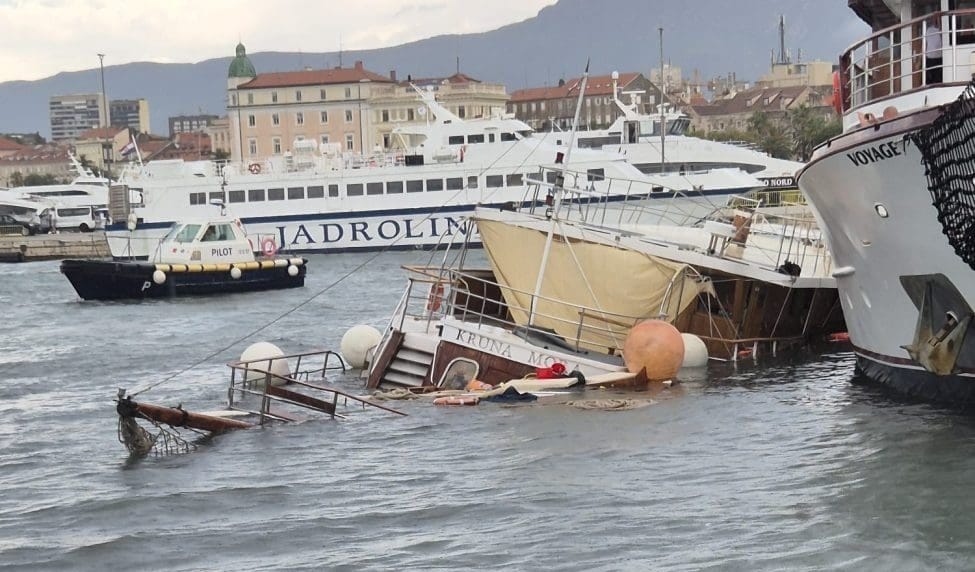
Across Split, the storm left a trail of destruction. Trees and power lines were downed across several neighborhoods and roof of a Stadium was severely damaged. Flooded streets brought traffic to a halt, while dozens of emergency calls overwhelmed city services.
The storm came after days of extreme heat, with temperatures in the Balkans topping 40 °C (104 °F). The rapid cooling and violent atmospheric shifts contributed to the formation of the sudden, destructive storm front.


